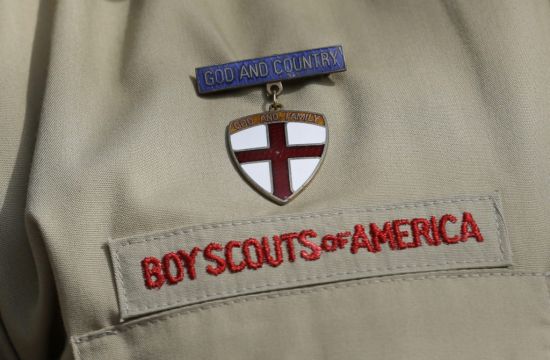A federal district court judge has upheld the approval of a 2.4 billion US dollar (£1.95 billion) bankruptcy reorganisation plan aimed at resolving tens of thousands of child sexual abuse claims against the Boy Scouts of America.
The ruling recorded on Tuesday rejects arguments by non-settling insurance companies and attorneys representing dissenting abuse survivors that the reorganisation plan was not proposed in good faith and improperly strips the insurers and survivors of their rights.
The ruling follows a September decision in which US Bankruptcy Judge Laurie Selber Silverstein approved the plan.
The plan would allow the Irving, Texas-based Boy Scouts of America to continue operating while compensating tens of thousands of men who say they were sexually abused as children while involved in Scouting.
More than 80,000 men have filed claims saying they were abused as children by troop leaders around the country. Plan opponents say the staggering number of claims, when combined with other factors, suggests that the bankruptcy process was manipulated.
While affirming Judge Silverstein’s description of the proceedings as “an extraordinary case by any measure”, US District Court Judge Richard Andrews found no fault with her ruling.
“Appellants argue on many fronts that the plan did not meet the requirements for confirmation, and I have carefully considered each of these arguments,” Judge Andrews wrote.
“Based on the record, the appellants have failed to put forth evidence that would demonstrate clear error in the bankruptcy court’s careful findings of facts.”
The BSA issued a statement describing the ruling as “a pivotal milestone” that “solidifies a path forward for both survivors and Scouting”.
“We look forward to the organisation’s exit from bankruptcy in the near future and firmly believe that the mission of Scouting will be preserved for future generations,” the statement added.
A spokesperson for attorneys representing several non-settling insurance companies had no immediate comment, but attorneys have previously suggested that the case could eventually reach the US Supreme Court.







